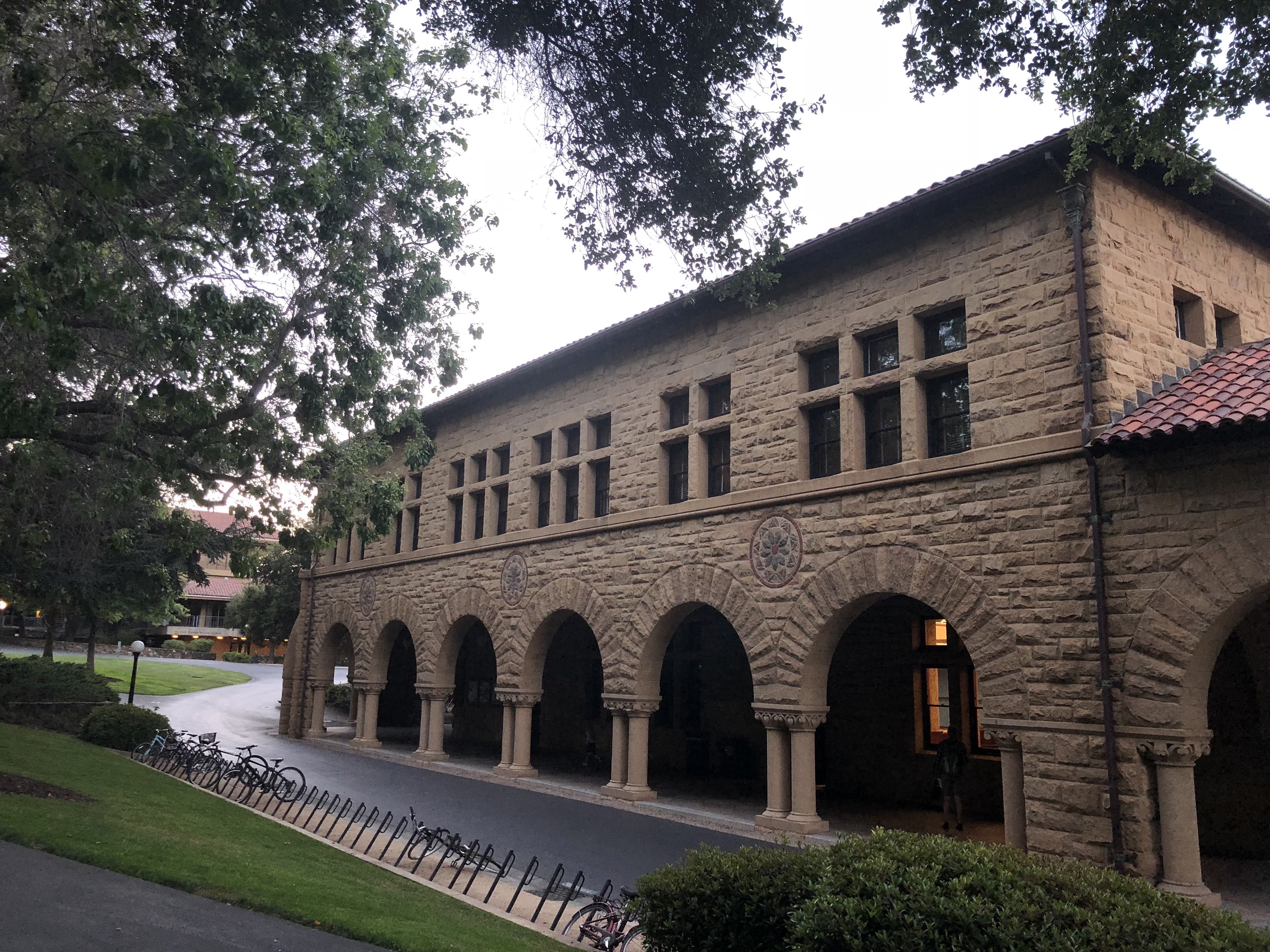Everyone is born a storyteller: Aaron and Amanda Kopp express this conviction in “LIYANA,” the heartwarming and eye-opening film that they co-directed and co-produced in 2017. “LIYANA” was screened on campus by the Worldwide Support for Development (WSD) Handa Center for Human Rights for the Stanford Global Studies 2018 Summer Film Festival on June 27.
“LIYANA” is set in Swaziland, a country plagued by AIDS and overflowing with orphans. It follows the story of a young girl, Liyana, on a quest to save her brothers. Liyana’s entire story is imagined and narrated by five orphaned children from Swaziland. The film flashes back and forth between Liyana’s imagined story and that of the real-life orphans. In order to draw this line between reality and fantasy, the Kopps worked together with Nigerian graphic artist Shofela Coker — who had never been to Swaziland or met the five children until after the completion of the movie — to help animate these children’s stories. Coker’s limited knowledge of the country and its people allowed him to create art solely based off of the descriptions and artwork of the children.
“The people who made [“LIYANA”] wanted the children’s words to come to life,” said Meredith Miller Vostrejs, program manager of the event and a member of the WSD Handa Center for Human Rights and International Justice team. “[They wanted] what the kids imagined and told to be real on the screen.”
The film focuses on giving the orphaned children a chance to voice their imagination, dreams and hopes for the future. By offering detailed and intricate designs in his animation, all of which are based off of the drawings and creations of the children, Coker provides a platform for these voices in a compelling way.
Winning more than 20 awards at international festivals, “LIYANA” has garnered significant attention over the past couple of months. Its ability to reveal both the innocence and darkness of the Swazi children through Coker’s amazing art and beautiful cinematography sets it apart from other films. The children’s narrative of Liyana’s story conveys their belief that if they persevere and hold on to hope, just like what they make Liyana do, they too will find their happy ending.
“It’s powerful to hear these messages come from Swazi children and see their story resonate with an international audience,” said Selamile Dlamini ’15, who is originally from Swaziland herself. “I think it’s very powerful.”
Apart from telling Liyana’s fictional story, the film also shows how these children incorporated many aspects of their own lives into Liyana’s, with AIDS as the most prominent issue. In the film, a nerve-wracking and tense scene of one of the orphaned boys getting tested for AIDS left the audience on the edge of their seats, whereas an animated scene earlier on in the children’s telling of Liyana’s story regarding AIDS had little reaction.
Brutally realistic scenes like the one of a young boy getting tested emerge throughout the film. They prove especially effective not only in grasping people’s attention and raising awareness about AIDS, but also in showing how even in times of despair, these children still persevere.
“While ‘LIYANA’ artfully shows the challenges, fears and hopes of children who lost their parents to HIV/AIDS, it resonates with audiences in the US — and here in Silicon Valley — as we grapple with challenges facing the US today with the separation of children and families at the US-Mexico border,” Vostrejs said.
“LIYANA” is ultimately a film meant to not only tug at our heartstrings and open our eyes to the issues facing these Swazi children, but also show us the importance of persevering through hard times. Throughout the film, Liyana thinks of giving up many times, deciding she cannot continue with her quest, that she isn’t strong enough. Yet, every time she falls down, she gets back up, hope guiding her throughout her journey.
Although these Swazi children’s futures may seem grim, they continue to hope, for they understand the power held in that one word, and how, just like Liyana, they too have the ability to create their own happy ending.
Contact Jasmine Venet at jasminevenet28 ‘at’ gmail.com.
